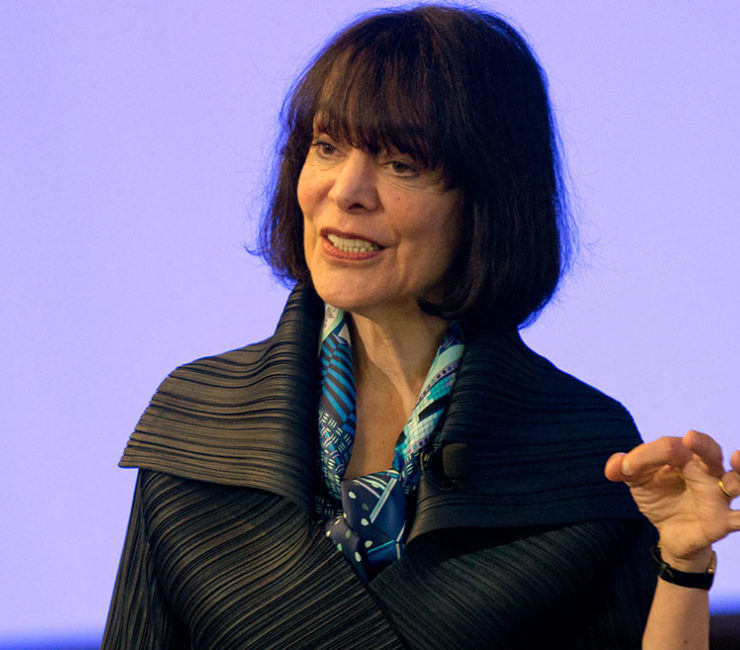San Diego Convention Center Housing Migrant Children

The federal government has been using the San Diego Convention Center as a means to alleviate the overflow of migrant children in border patrol facilities in Texas and Arizona.
It was reported to CBS News by the U.S Customs and Border Protection Agency that there had been an incline in the number of children crossing the border illegally nearly since the beginning of the pandemic. US Customs and Border Protection apprehended nearly 19,000 unaccompanied children only in March of 2021, the highest number in a month.
The San Diego Convention Center in downtown San Diego, which is popularly known for hosting the yearly Comic-Con event, has been converted into an emergency intake site for migrants. Funded by the Dept. of Health and Human Services, temporary housing will be available for the children of ages 5-17. The children are provided with medical health care, educational and recreational activities, nutritious meals, hygiene, and legal assistance. According to Bonnie Preston, a Regional Director and Executive Officer to the Department of Health and Human Services, precautions are being taken for COVID-19 by testing the children every three days.
Mayor Todd Garcia says, “San Diego was chosen as the best place for the most vulnerable younger children because of the high standards of care that our local service providers like South Bay Community Services and Rady Children’s Hospital have set.”
The children living in the facilities are from Central American countries such as Honduras, Guatemala, and El Salvador. As border facilities in Texas and Arizona are filling up, the migrant children are being relocated to the San Diego Convention Center. Many of the migrant children being relocated are expected to fill up to the total capacity of 1,450 in April.
Currently, the Department of Health and Human Services is working to reunite the children with family in the country or find sponsor homes. Children remain in the shelter for roughly a month, while social workers and judges determine if they are allowed asylum in the US or if they have to return to their home country.
Rohit is a former staff writer for The Talon. In his free time, he enjoys reading fantasy, listening to music, and watching sci-fi movies. He also likes going on long drives and biking with friends.







